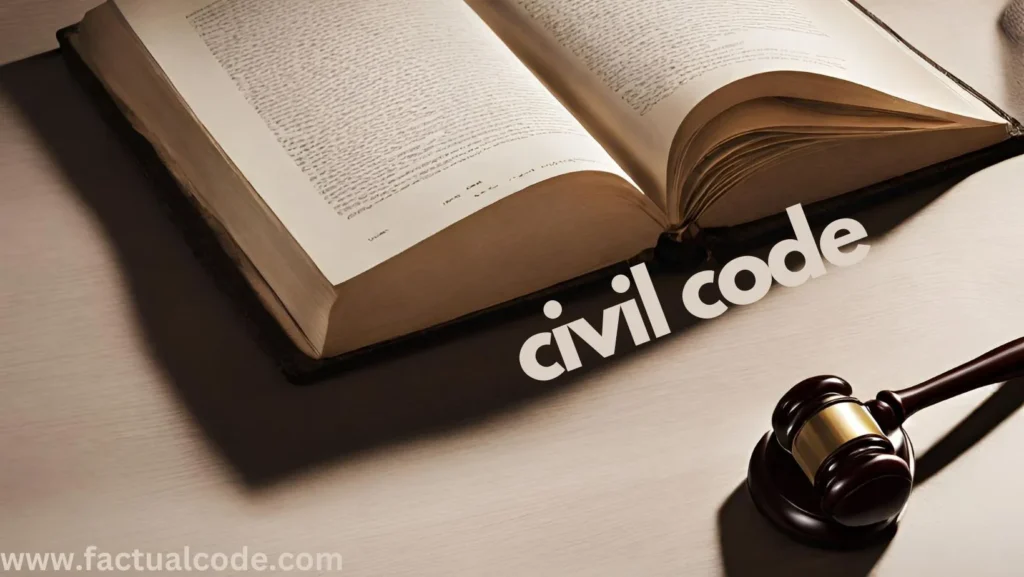The concept of condonation of delay is a vital provision in Indian law, ensuring that justice is not denied solely due to procedural delays. It allows courts to extend prescribed time limits under certain conditions, provided sufficient cause is demonstrated. This note delves into the provisions, principles, and case laws related to condonation of delay.
Relevant Provisions
Section 5 of the Limitation Act, 1963:
Applies to appeals and applications, not to suits.
Empowers the court to admit applications after the prescribed period if sufficient cause for delay is shown.
Order XXI Rule 106 of the CPC:
Specifically deals with condonation of delay in setting aside orders related to execution proceedings.
Section 519 of the BNSS:
Deals with the limitation for taking cognizance of offences but allows condonation in cases of sufficient cause under Section 519 of the BNSS.
Consumer Protection Act, 2019:
Section 69 empowers consumer commissions to condone delays in filing complaints if sufficient cause is established.
Key Principles Governing Condonation of Delay
Sufficient Cause:
The applicant must demonstrate valid and reasonable grounds for the delay.
Examples of sufficient cause:
Illness
Lack of legal knowledge
Procedural complexities
Liberal Interpretation:
Courts generally adopt a liberal approach to condonation, especially when substantive justice is at stake.
Objective: Prevent injustice due to technicalities.
No Absolute Right:
Condonation is not an automatic right and is subject to judicial discretion.
Delay Should Be Reasonable:
Courts assess whether the delay is excessive and whether the reasons are plausible.
Landmark Case Laws
Collector, Land Acquisition v. Mst. Katiji (1987):
Emphasized that “substantial justice” should prevail over “technical considerations.”
The court noted that refusing condonation merely due to procedural delays contradicts justice.
Balwant Singh v. Jagdish Singh (2010):
Highlighted the need for bona fide intentions behind filing delayed applications.
Negligence or lack of due diligence cannot be excused.
N. Balakrishnan v. M. Krishnamurthy (1998):
Held that length of delay is irrelevant if sufficient cause exists.
Union Of India vs Giani on 17 February, 2011:
This case reinforces the principle that condonation of delay is discretionary and depends on the sufficiency of the cause shown by the applicant. The court emphasized that casual or negligent behavior does not justify condonation and that the delay must be adequately explained.
Exceptions to Condonation
Inordinate Delay Without Explanation:
Unexplained or excessive delays are rarely condoned.
Malafide Intentions:
Applications made with the intent to delay proceedings are dismissed.
Statutory Exceptions:
Some laws explicitly bar condonation for specific delays, e.g., Section 3 of the Limitation Act in suits.
Practical Implications
Promotes Access to Justice:
Ensures procedural technicalities do not hinder justice.
Encourages Diligence:
Applicants must act with due diligence and sincerity.
Judicial Discretion:
Balances procedural fairness with substantive justice.
Conclusion
Condonation of delay embodies the principle that justice should not be sacrificed at the altar of procedural compliance. It is a tool to ensure fairness while maintaining the integrity of legal timelines. Courts must balance leniency with the need to deter negligence, ensuring that justice is both accessible and efficient.
References- THE LIMITATION ACT, 1963 THE CONSUMER PROTECTION ACT, 2019 THE CODE OF CIVIL PROCEDURE, 1908 Section 3 SECTION 519 OF BNSS Order 21, Rule 106 CPC Section 5 www.drishtijudiciary.com lawbhoomi.com Collector Land Acquisition, Anantnag & … vs Mst. Katiji & Ors on 19 February, 1987 Balwant Singh (Dead) vs Jagdish Singh & Ors on 8 July, 2010 N. Balakrishnan vs M. Krishnamurthy on 3 September, 1998 Union Of India vs Giani on 17 February, 2011

